Qatar has issued a stern warning to the European Union, indicating that it may halt liquefied natural gas (LNG) exports if the bloc enforces penalties under its new Corporate Sustainability Due Diligence Directive (CSDDD).
This directive, approved in May 2024 and set to take effect in 2027, mandates that large companies operating within the EU ensure their supply chains are free from human rights abuses and environmental harm. Non-compliance could result in fines of up to 5% of a company’s global annual revenue.
In a letter dated May 21, 2025, Qatari Energy Minister Saad al-Kaabi expressed concerns to the Belgian government regarding the CSDDD. He stated that if the directive’s requirements are not amended, Qatar and its state-owned energy company, QatarEnergy, would have no choice but to consider alternative markets outside the EU for their LNG and other products. Al-Kaabi emphasized that the potential fines are unacceptable, highlighting that a 5% revenue loss from supplying Europe equates to a significant financial impact on the Qatari state.
Qatar, the world’s third-largest LNG exporter, has been a crucial supplier to Europe, especially following the reduction of Russian gas imports after the 2022 invasion of Ukraine. The Zeebrugge terminal in Belgium, for instance, receives nearly a third of its LNG from Qatar. Al-Kaabi’s warning underscores the delicate balance between the EU’s ambitious environmental goals and its energy security needs.
The CSDDD also requires companies to adopt climate transition plans aligned with the Paris Agreement’s goal of limiting global warming to 1.5°C. Qatar has expressed reservations about this provision, stating that neither the state nor QatarEnergy has plans to achieve net-zero emissions in the near future. The country views the directive as an infringement on national sovereignty and the right to set its own climate policies.
In response to these concerns, the European Commission has proposed amendments to the CSDDD, including delaying its implementation to 2028 and limiting the scope of supply chain checks. However, Qatar has indicated that these proposed changes do not go far enough. The country has formally requested the removal of the climate transition plan requirement from the directive.
The situation presents a complex challenge for the EU, which is striving to meet its environmental objectives while ensuring a stable and secure energy supply. The outcome of ongoing negotiations will be pivotal in determining the future of EU-Qatar energy relations and the broader dynamics of global LNG markets.

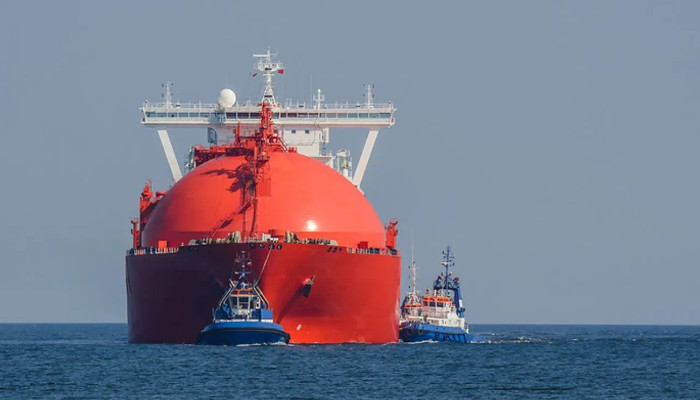
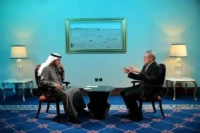
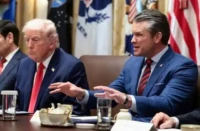
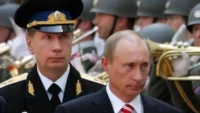
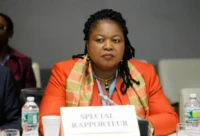
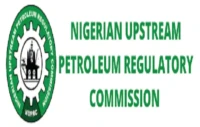
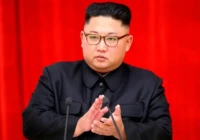
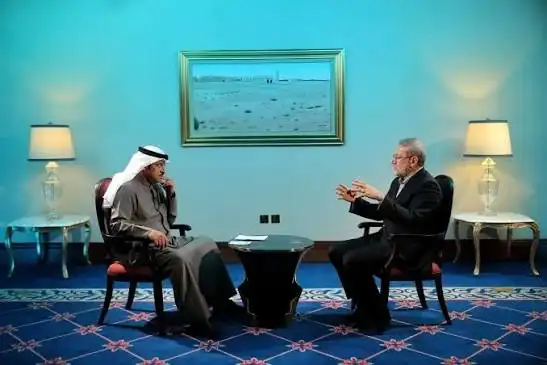
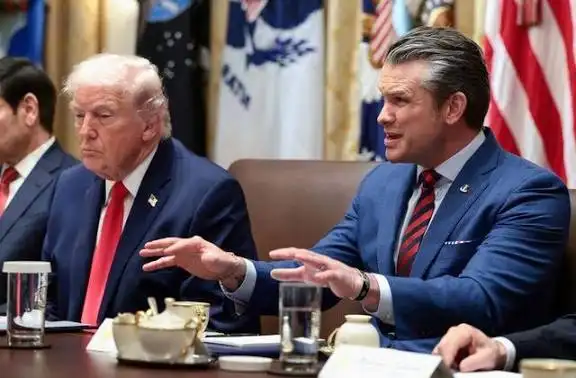
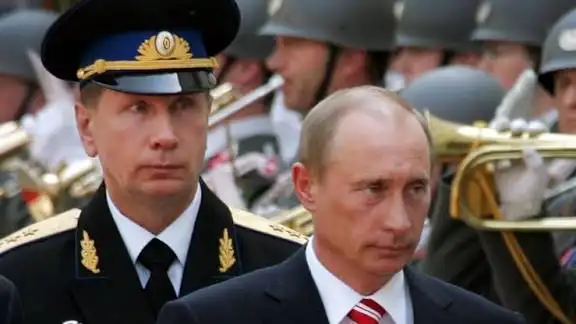
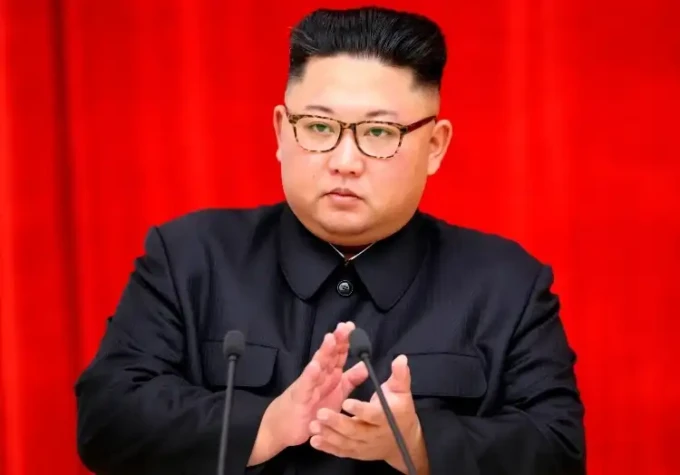
Wow, Qatar playing hardball with the EU over sustainability? Thats some serious power move. Wonder how this will play out.
Wow, Qatar playing hardball over sustainability laws? Do they have a point or are they just flexing their gas muscles? 🤔
Wow, Qatar playing hardball over sustainability laws with the EU! What are your thoughts on this power move? Lets discuss!
Is it fair for Qatar to threaten cutting off LNG supplies to the EU over sustainability laws? What do you think?
Is Qatars threat to cut EU LNG supplies justified or just a negotiation tactic? Curious to hear your thoughts!
I believe Qatars threat to cut EU LNG supplies is a strong tactic, but is it ethical to use sustainability as leverage?
I find it concerning that Qatar is using its LNG supply as leverage. Sustainability should be a priority, not a bargaining chip.
Wow, Qatar going all in on the sustainability law drama. Do you think theyre bluffing or really gonna cut off those LNG supplies?
Why should Qatar dictate EU sustainability laws? Lets discuss the implications of this power play. Thoughts?
This is a bold move by Qatar! Do you think they should prioritize sustainability over profits? Lets discuss! 🤔🌍 #QatarLNG #SustainabilityDebate
Is it fair for Qatar to threaten cutting off LNG supplies over EU sustainability laws? What about compromise?
Wow, does Qatar have the upper hand here or is the EU playing hardball with sustainability laws? So much drama!
This whole situation is such a mess! Cant believe Qatar is threatening to cut off LNG supplies over a sustainability law. What do you all think about this?
I wonder if Qatars threat is a bluff or a serious concern. Its a risky move either way! #energydrama
Is it fair for Qatar to threaten cutting LNG supplies over EU sustainability laws? Lets discuss the implications.
Cant believe Qatar is threatening to cut EU LNG supplies over sustainability laws. Is this a smart move or just a bluff? 🤔